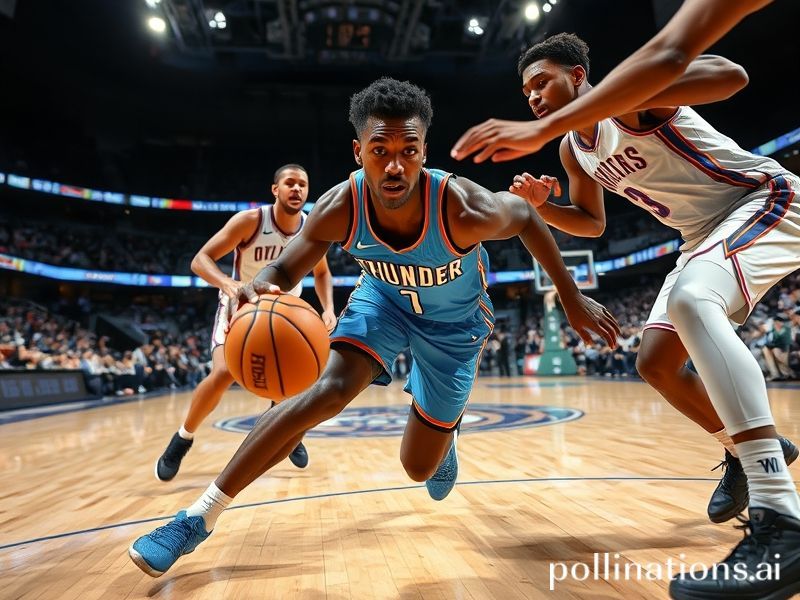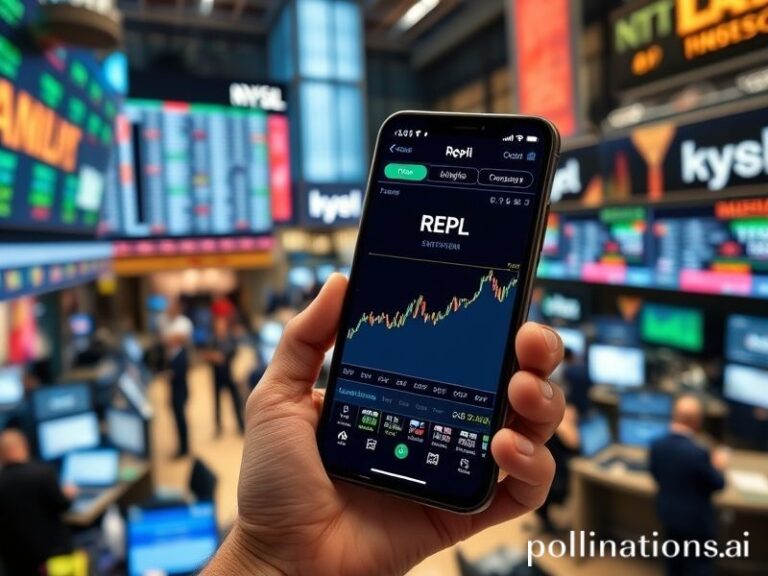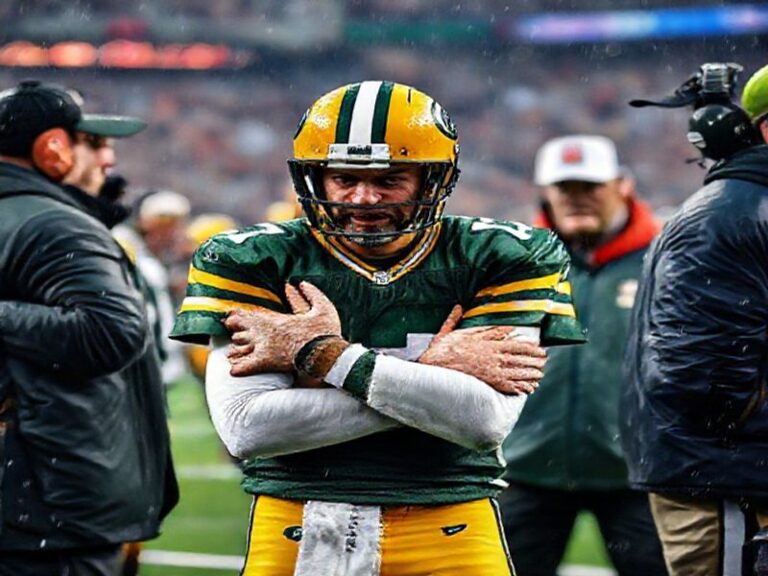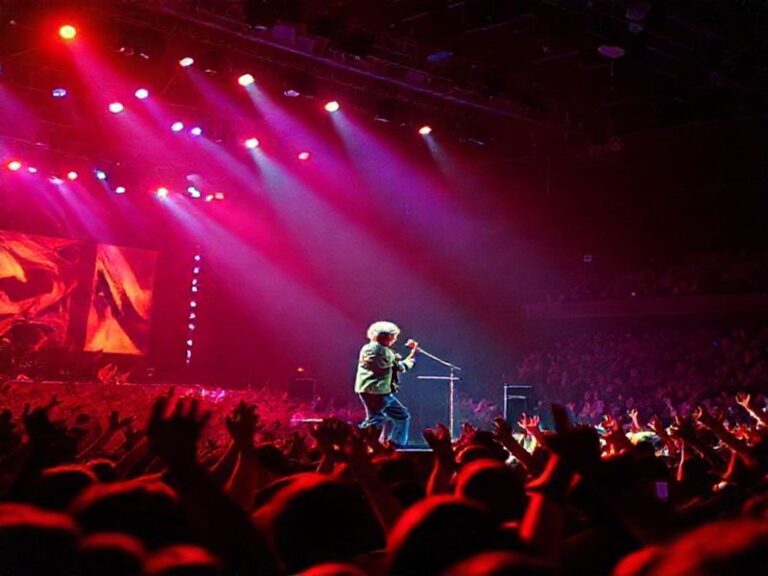shai gilgeous-alexander
Shai Gilgeous-Alexander and the Quiet Rebellion of Global Cool
By the time the Eurozone was debating its eighteenth austerity package and the Pacific was busy swallowing another micronation’s coastline, Shai Gilgeous-Alexander was perfecting a step-back jumper so surgically smooth it could probably negotiate better trade terms than most G-7 delegates. The Oklahoma City guard—Canadian passport, Hamilton roots, Los Angeles finishing school—has become the NBA’s understated emblem of a planet that no longer cares where you’re from as long as you can conjure order out of entropy. Watching him play is like observing a Swiss watch strapped to a rocket: immaculate engineering hurtling through chaos, ticking in four languages.
That global pedigree matters. While nationalist strongmen everywhere sell wall-blueprints by the meter, Shai glides through defensive schemes the way a Schengen visa once let you glide from Lisbon to Tallinn without showing a passport—pre-Brexit nostalgia packaged as athletic grace. His game is borderless: a Cameroonian father, a Trinidadian-born mother, a childhood spent absorbing American hoops culture through a Toronto sieve. The result is a 6-foot-6 accent-neutral polyglot of footwork, equally comfortable freezing French centers or Texan tweeters. If the United Nations could dribble, it would look like this—only with fewer vetoes and more ankle-breakers.
The wider implication? Soft power is pivoting from summit podiums to parquet floors. When Shai drops 35 on national television, teenagers in Lagos download League Pass instead of embassy press releases. Chinese sneaker brands duel over his endorsement like 19th-century imperial powers scrambling for coaling stations—except the collateral damage is merely a few bruised egos in marketing departments. Meanwhile, European coaches, still traumatized by the 2004 Athens upset, study his film the way intelligence agencies once studied Soviet missile parades. The cold war is now a cold shower of advanced analytics, and Shai is the new satellite imagery.
Economically, he’s a one-man emerging market. Ticket prices in Oklahoma City—hardly the Côte d’Azur of American metropolises—spike when the Thunder play host to marquee opponents, proving that capital will chase novelty even if it has to vacation in a prairie wind tunnel. Broadcast rights in South Korea mention his name as often as K-drama heartthrobs; Indian fantasy apps, those digital opium dens of the subcontinent, list him at a salary cap figure that rivals mid-tier Bollywood budgets. Somewhere in Davos, a panel on “Global Middle-Class Aspirations” is using his highlight mixtape as a case study, and the PowerPoint probably still buffers less than your average Zoom call.
Yet the cynic’s eye detects the usual ironies. The same league that markets Shai’s cosmopolitan cool also schedules games in Abu Dhabi arenas built by labor that can’t afford a passport, let alone a layup line. His jersey sells for $139.99 on continents where that sum equals a month’s wages, proving that globalization remains a marvelous vehicle—provided you’re riding in the first-class cabin. Meanwhile, Canadian media insist he’s “one of ours,” conveniently forgetting how quickly they’d exile him to “American property” the moment he demands a trade to Miami. National pride, like defense rotations, collapses under the slightest screen.
Still, there is something gently defiant in Shai’s rise. In an era when every border bristles and every algorithm feeds you your own reflection, he plays like someone who never received the memo that the world was supposed to shrink into paranoid fragments. Each crossover is a quiet rebuttal to isolationists; each post-game interview, polite to the point of parody, sounds like a subtweet at the shout-tweeter presidents of the world. He doesn’t speak in manifestos—just efficient pull-ups and the occasional dry chuckle, the sonic equivalent of a shrug that says, “Chaos is inevitable, but so is style.”
So we watch, from Lagos to Ljubljana, as the kid with the hyphenated surname and the unpronounceable handles reminds us that citizenship can be a state of motion. Somewhere, a customs officer stamps another passport while the game streams illegally on a cracked phone. Both gestures are acts of faith: one in lines drawn by treaties, the other in lines drawn to the basket. Only the latter currently looks unguardable.







